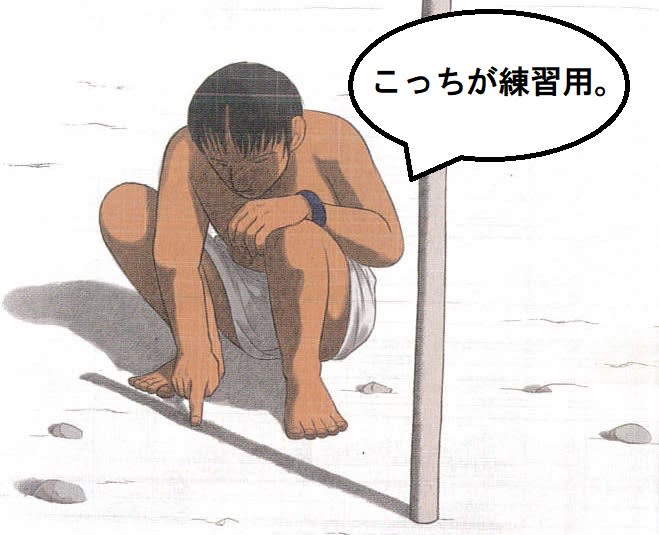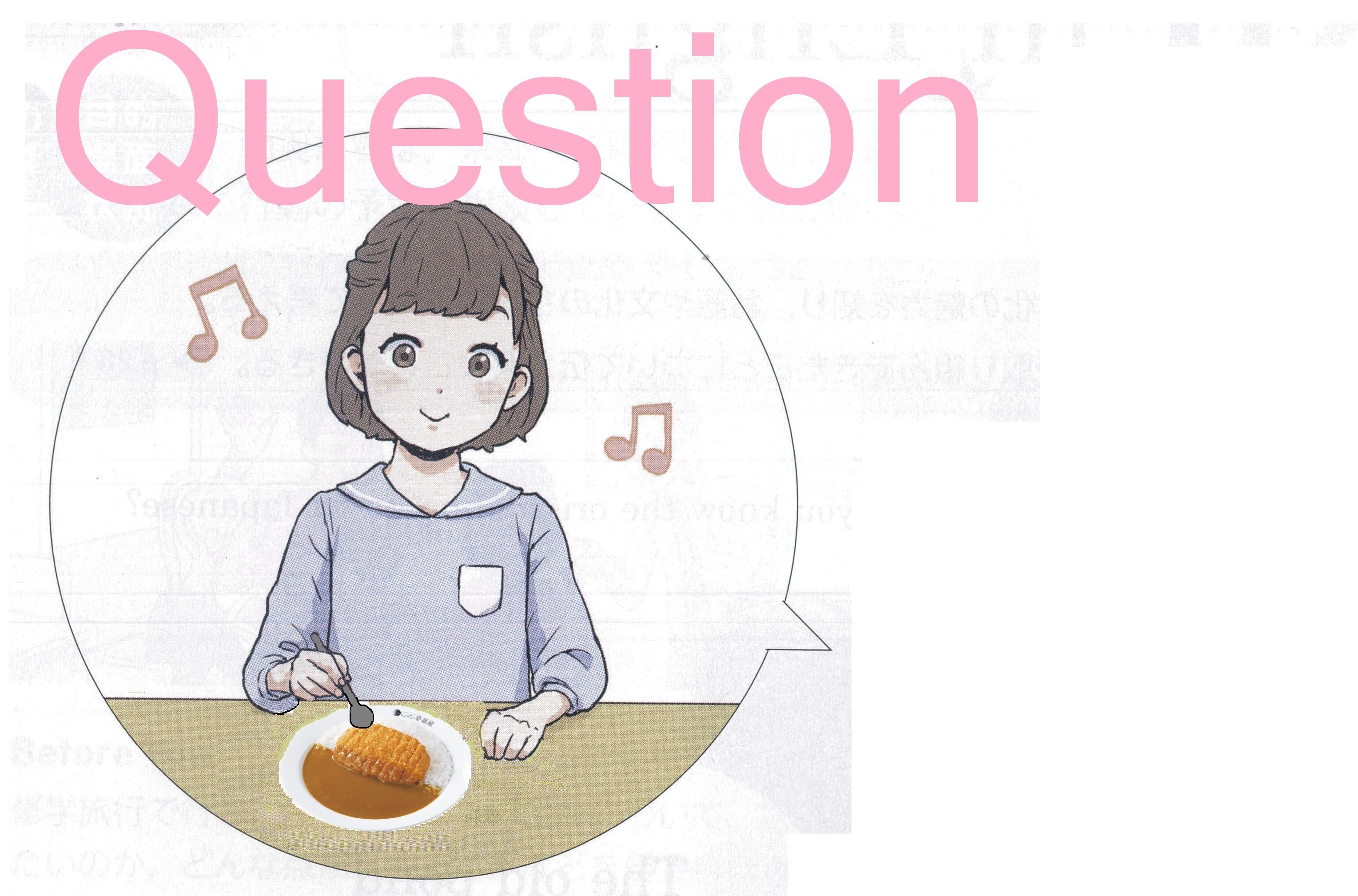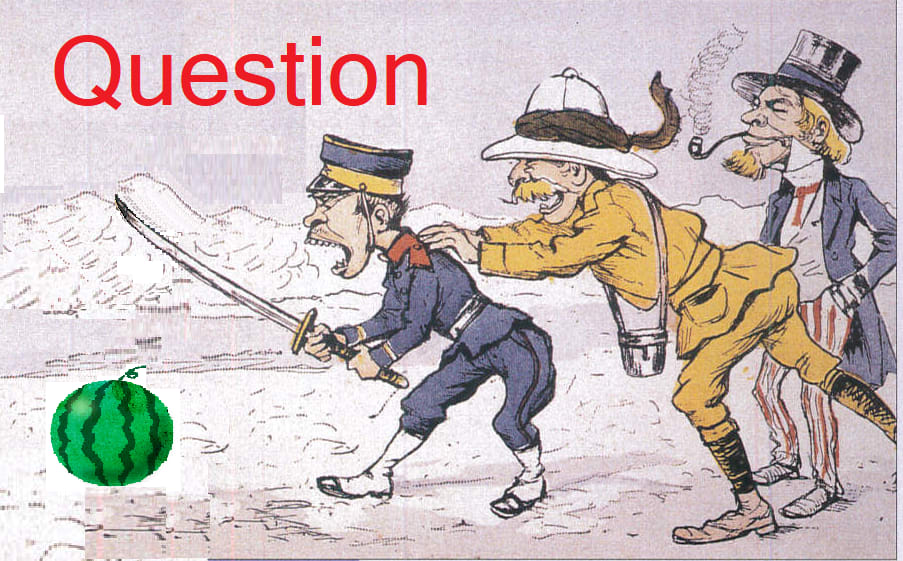2024年9月 定期テスト 安城西中 3年英語 解答
テスト対策
≪ unit 2 ≫
( Has ) Kaito ( finished ) his English homework ( yet ) ?
海斗はもう英語の宿題を終えていますか?
( I’ve ) ( just ) read your message .
私はちょうど君のメッセージを読んだところです。
I ( haven’t ) ( finished ) my homework ( yet ) .
私はまだ宿題を終えていません。
It’s ( difficult ) ( to ) ( write ) haiku .
俳句を書くことは難しいです。
A : ( How ) ( long ) ( have ) you lived in Japan ?
B : ( For ) five years .
A : あなたはどれくらい長く日本に住んでいますか?
B : 5年間です。
I’ve ( been ) a big fan ( since ) I first read his haiku .
私は初めて彼の俳句を読んでからずっと大ファンです。
long / your / have / how / you / cat / had / ? (並べ替え)
How long have you had your cat ?
あなたはどれくらい長くネコを飼っていますか?
You ( have ) ( been ) reading that ( since ) 10 a.m.
あなたは10時からずっとそれを読んでいます。
Japanese people ( have ) ( been ) ( writing ) haiku for centuries .
日本の人々は何世紀もの間、俳句を書き続けてきました。
Haiku are ( different ) ( from ) English poems .
俳句は英語の詩とは異なります。
They use ( only ) ( a ) ( few ) words .
それらはいくつかの単語を使うだけです。
The lines ( do ) ( not ) ( have ) ( to ) rhyme .
行は韻をふまなくてもいいです。
( On ) ( the ) ( other ) ( hand ) , rhyme is very important .
一方、リズムがとても重要です。
been / for / has / days / raining / two / it / . (並べ替え)
It has been raining for two days .
2日間ずっと雨が降っています。
It’s not ( always ) ( necessary ) to count syllables , ( either ) .
音節を数えることも、必ずしも必要ではありません。※否定文の「~も」↑
English are ( not ) ( only ) easy to write , ( but ) ( also ) easy to read .
英語は書くのが簡単なだけでなく、読むことも簡単です。
It ( may ) ( be ) a fun way to learn English .
楽しい英語の学習法になるかもしれません。
( Welcome ) ( to ) our school .
私たちの学校へようこそ。
I’ve been ( lookng ) ( forward ) ( to ) your class .
私はあなたの授業を楽しみにしています。
≪ unit 3 ≫
Today they are ( facing ) many challenges , ( such ) ( as ) climate change and human activities .
今日、彼らは気候変動や人間の活動といった多くの難問に直面しています。
important / this / understand / it / for / is / us / to / . (並べ替え)
It is important for us to understand this .
これを理解することは私たちにとって重要です。
( It ) ( is ) fun ( for ) me ( to ) read comic book .
私にとってまんがを読むことは楽しいです。
( Have ) ( you ) ( ever ) ( heard ) of the IUCM Red List?
あなたは今までに国際自然保護連合のレッドリストについて聞いたことがある?
I ( have ) ( never ) ( heard ) ( of ) it .
私はそれを一度も聞いたことがありません。
that / want / to / I / know / everyone / . (並べ替え)
I want everyone to know that .
私はみんなにそれを知ってほしい。
( Why ) ( don’t ) ( we ) write an article for our class newspaper ?
学級新聞に書いてみませんか?
Kaito ( wants ) ( her ) ( to ) read the article .
海斗は彼女にその記事を読んでほしい。
( Let ) ( us ) give you one example from the Red List .
レッドリストからの一例をあげさせてください。
( Up ) ( still ) Meiji era , we could see many ibises .
明治時代までは多くのトキが見られました。
( However ) , the population of ibises in Japan ( rapidly ) ( decreased ) .
しかしながら、日本のトキの数は急速に減少しました。
People ( tried ) ( to ) ( help ) them safely .
人々は彼らが安全に生きられるよう手助けしようとしました。
We have ( lost ) ( all ) ( of ) the original Japanese ibises .
私たちは日本独自のトキをすべて失いました。
Someday ibises ( may ) ( fly ) ( over ) Japan like before .
いつか以前のように日本の上空をトキが飛ぶのかもしれません。
write / helped / article / Kaito / English / an / Meg / . (並べ替え)
Meg helped Kaito write an English article .
メグは海斗が英語の記事を書くのを手伝いました。
( According ) ( to ) a study ,
ある研究によれば、
There are many reasons, ( such ) ( us ) hunting , logging .
狩猟、伐採などの多くの理由があります。
We are all ( related ) ( to ) ( each ) ( other ) .
私たちはみんなお互いに関係しあっているのです。
action / it’s / now / for / take / us / important / to / . (並べ替え)
It’s important for us to take action now .
今、行動を起こすことが私たちには重要です。







